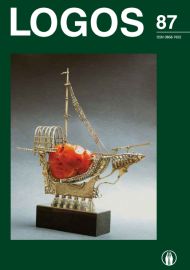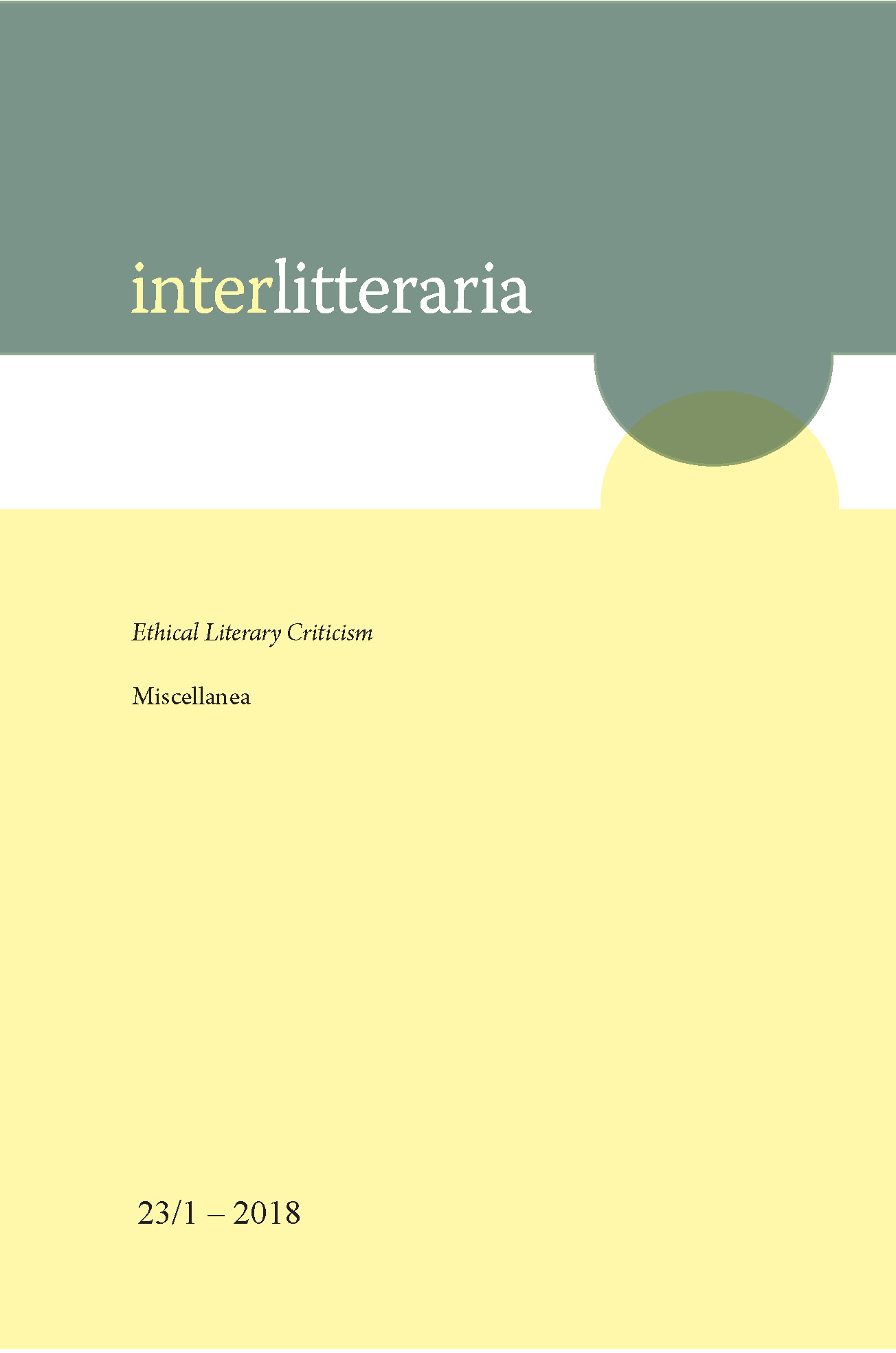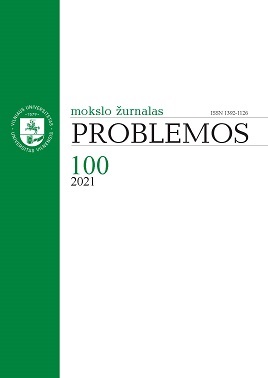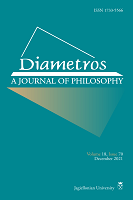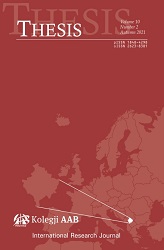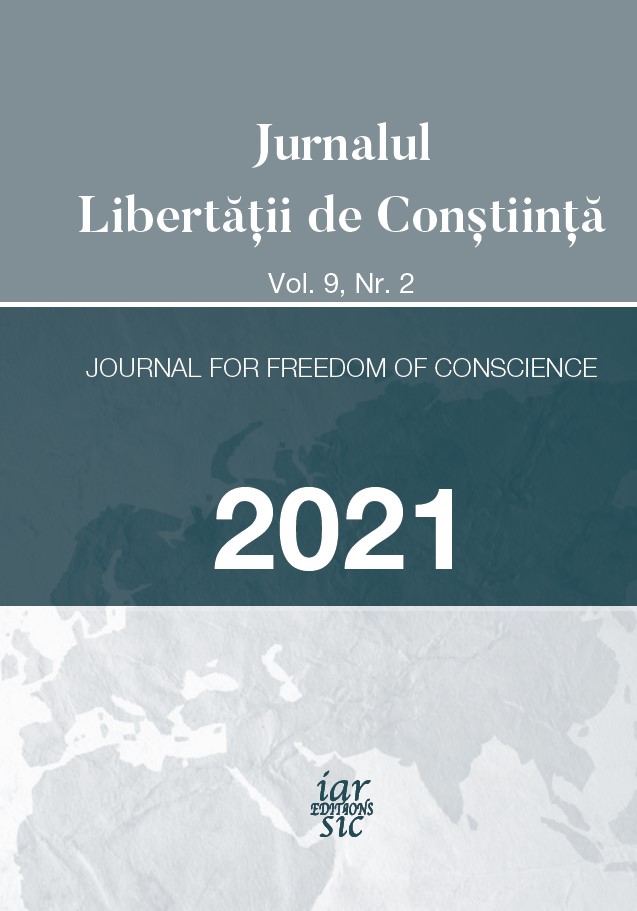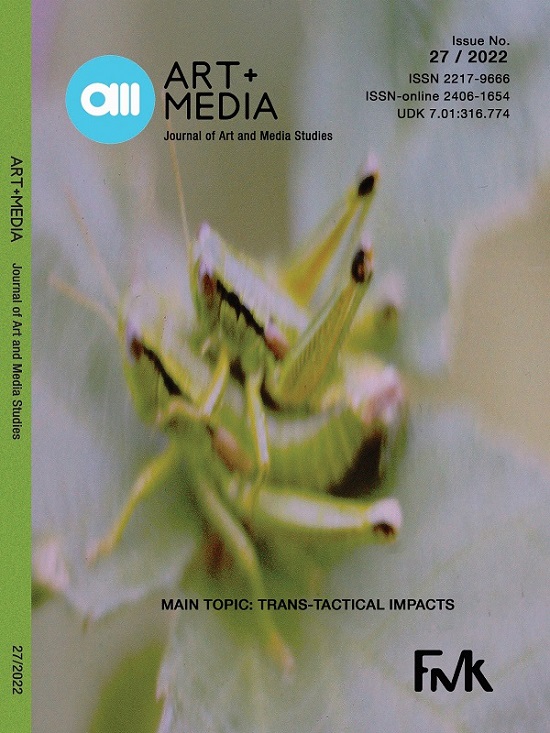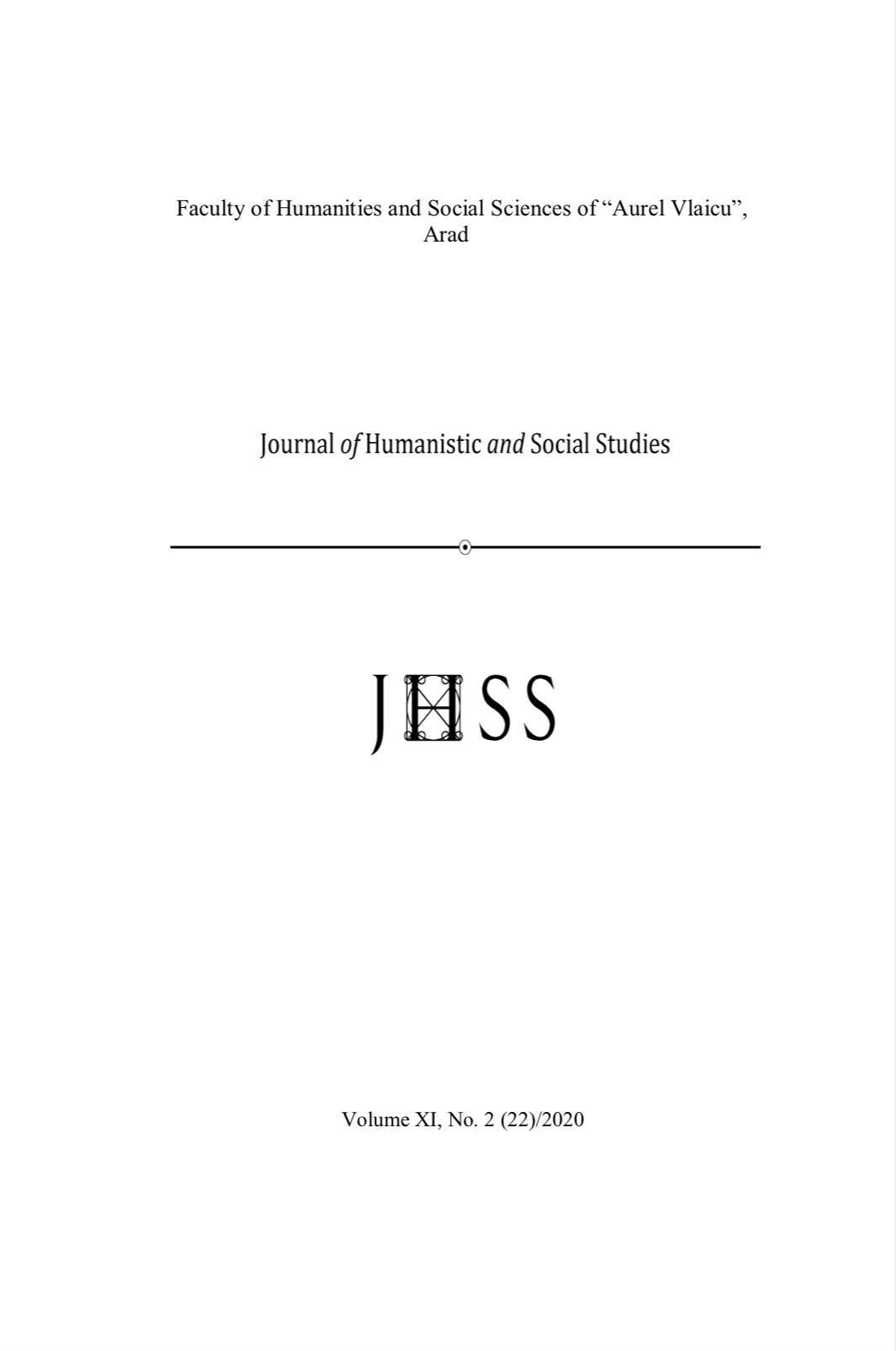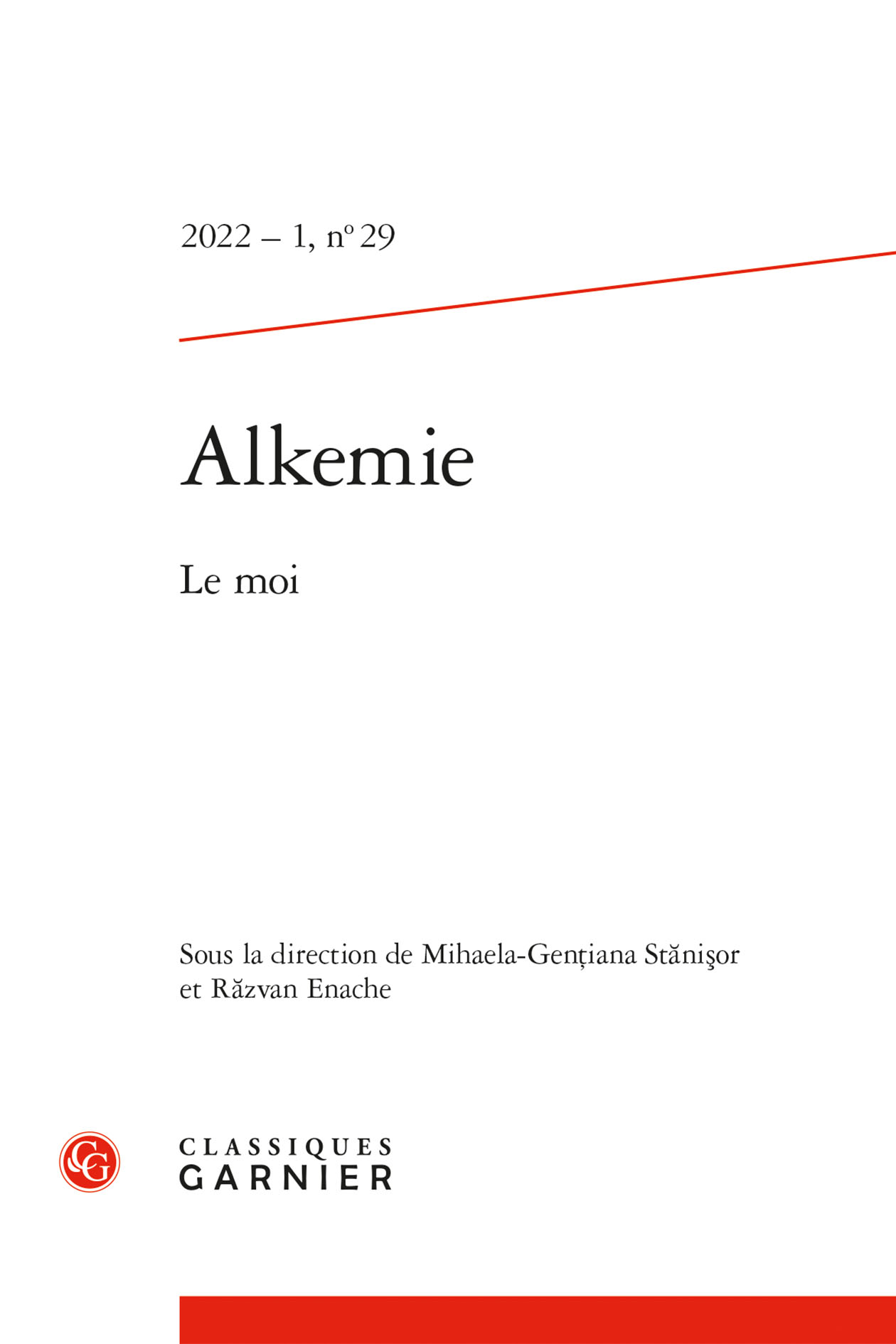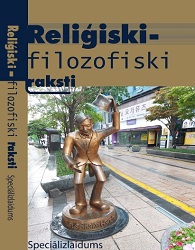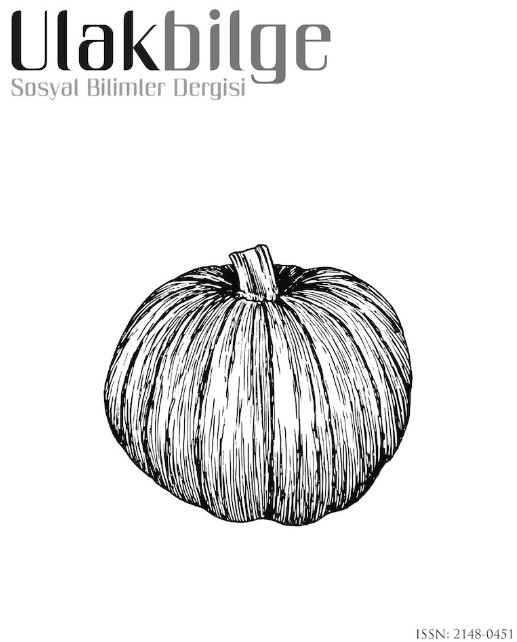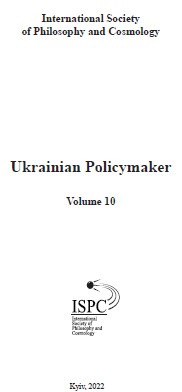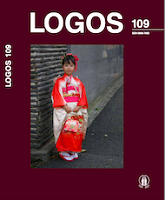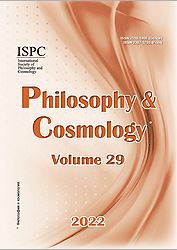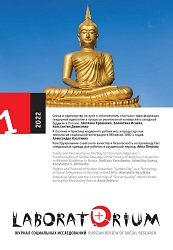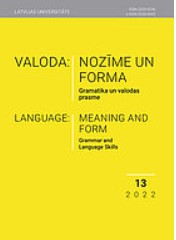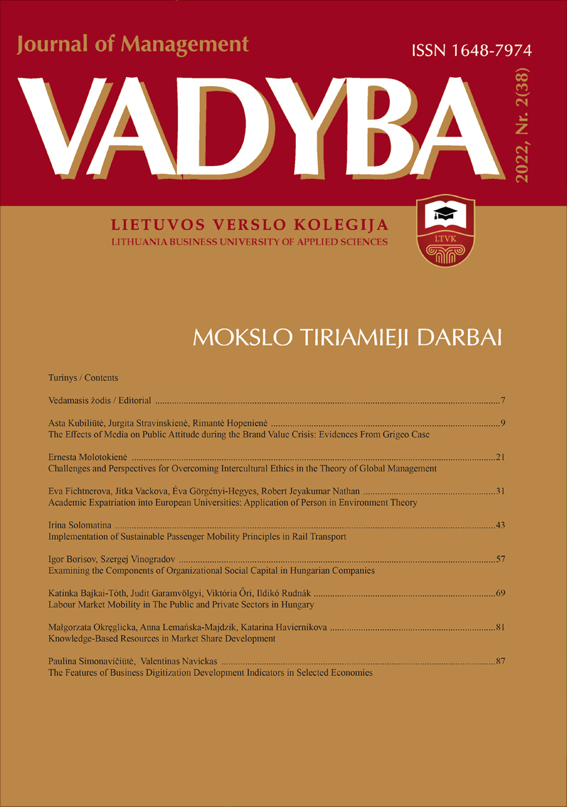Cultural Assimilation: Two Ibsenian Women in Traditional Chinese Yue Opera
Chinese interest in Henrik Ibsen’s plays has flourished for more than a century and many of his plays have been performed on or adapted for the Chinese stage since the early twentieth century. However, attempts to adapt his plays for the traditional Chinese theatre were only made in the past decade with Peer Gynt adapted into Peking opera in 2006, The Lady from the Sea and Hedda Gabler into Yue opera in 2006 and 2010. A close study of the re presentation of two Ibsenian women characters, namely, Ellida Wangel and Hedda Gabler on the Chinese traditional Yue operatic stage during Ibsen’s centenary in 2006 reveals the Chinese cultural assimilation of the two Norwegian women with their distinct character and outlook of life to suit the traditional Chinese notion of femininity and morality, as well as the conventionality of the Yue theatre with its unique theatrical and aesthetic considerations. What is more important is the Chinese desire to invite the audience, especially the young audience, to reconsider what constitutes happiness and integrity for married women in the Chinese context with an emphasis on moral responsibility.
More...
